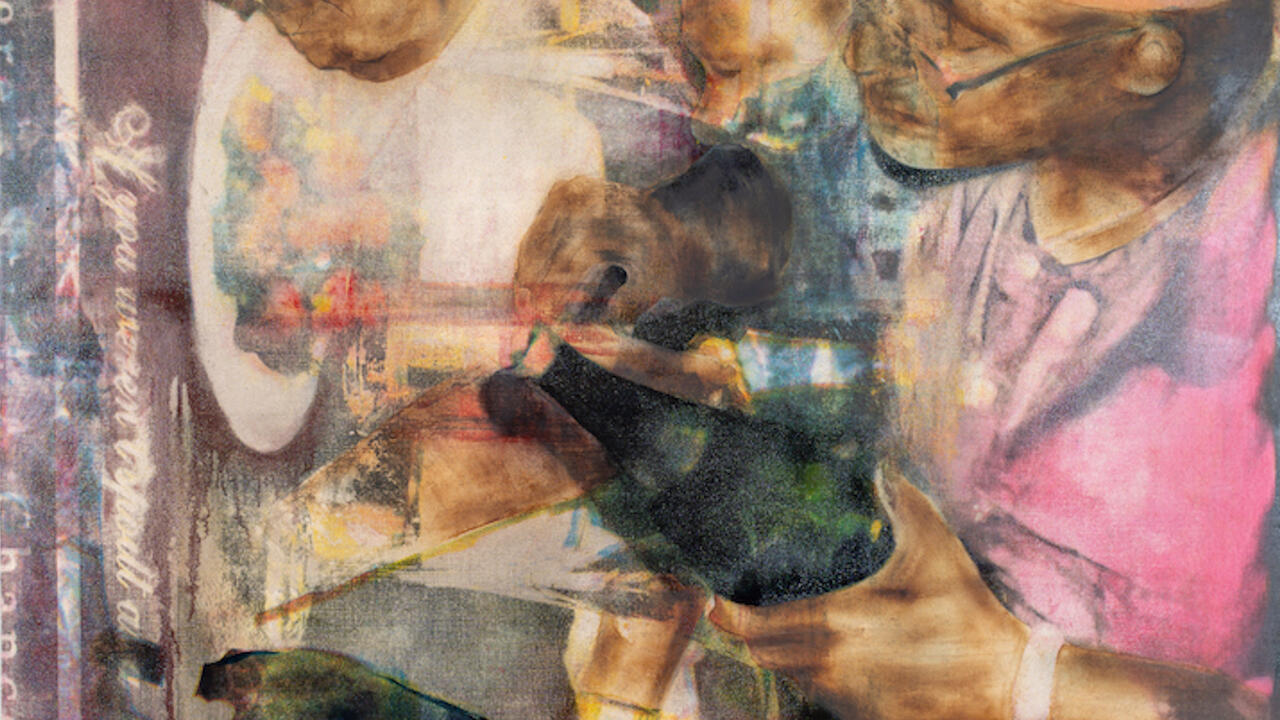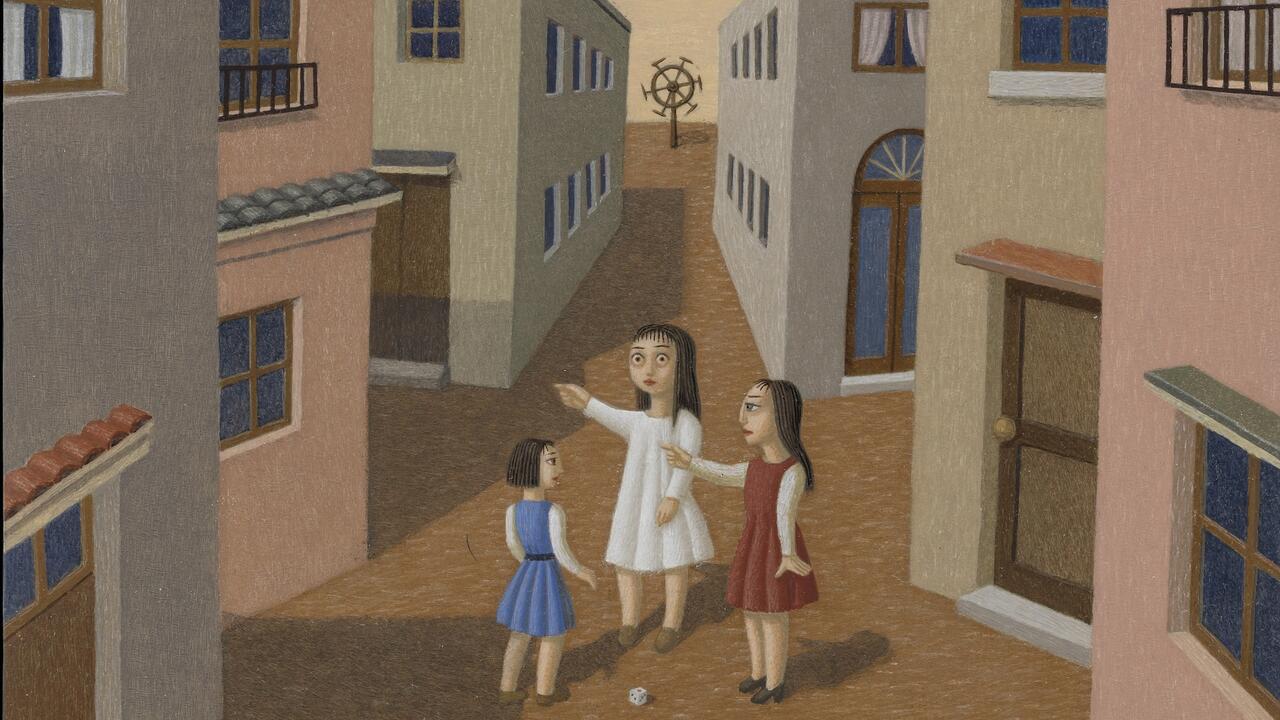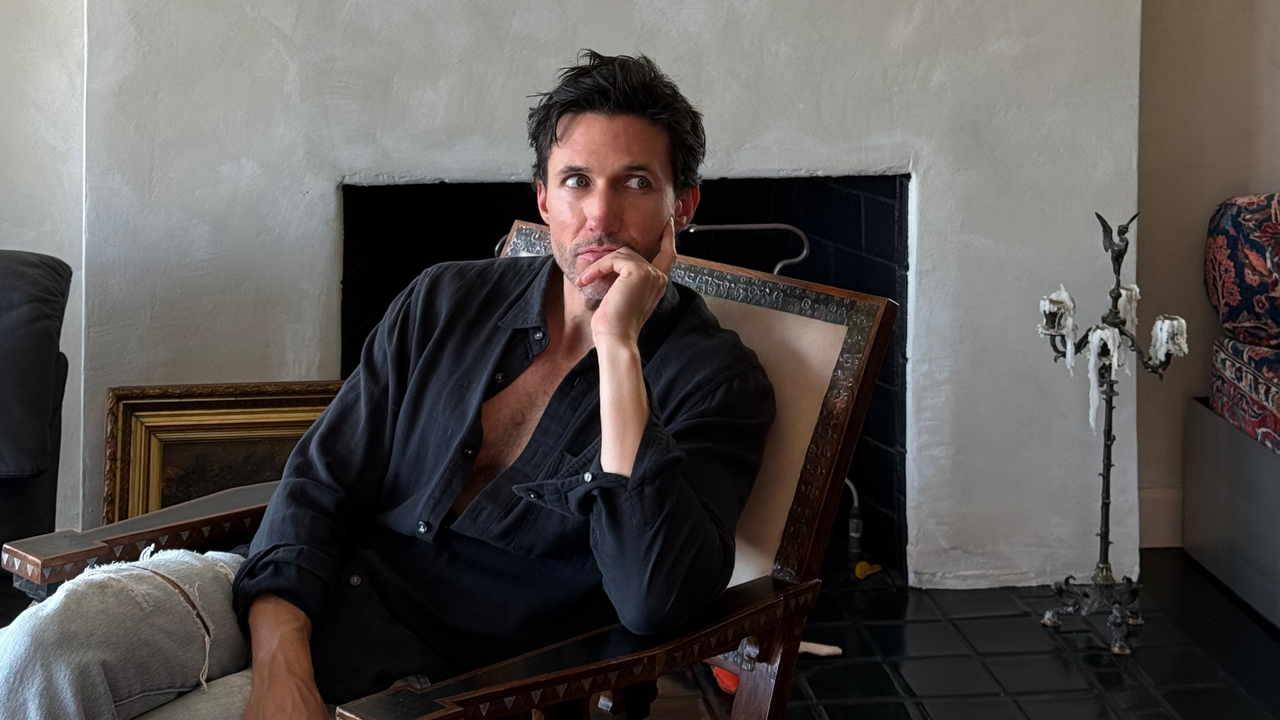The Culture of Complaint: The Fraying of America
Robert Hughes, OUP
Robert Hughes, OUP
Well, we never expected middle-aged, middle-class, middle-brow white men just to roll over and die, but it appears that the political and psychic tolls of '68 will bring about some cardiac arrests yet. In a new collection of essays, the art critic for Time puts forth a cranky, uneven, frequently misinformed, ahistorical, contradictory and self-centred polemic against contemporary life in his adopted land, the United States of America. Like other upholders of the 50s mentality, Robert Hughes is aghast that the legacies of '68 continue. While ostensibly chiding extremism - the perpetual premise of middle-brows everywhere - Hughes' jeremiad is primarily concerned with the suggestion that the social critiques that emerged in the late 60s have come to occupy a permanent place in American life.
The painting of American culture put forth in his Culture of Complaint has all the precision and complexity of a cartoon. A battle between the 'politically correct' and the 'patriotically correct' occupies the foreground, while all of western civilisation (I see Paris burning!) smoulders in the background. This hackneyed picture allows Hughes to sit back in an armchair padded with anti-intellectual philistinism, from which he can view and denounce his own sloppy canvas. 'When political utterance descends to such levels', he exclaims (having himself set the tone), 'fanatics enlist in the crusade but sensible people tend to wash their hands of it.' With this and other like-minded banalities Hughes attacks what he calls 'the culture of complaint'. But whose whiny book is this?
Hughes tries to set himself up in the political 'centre', adopting a pseudo-reasonable, pseudo-intellectual voice that allows him to bully former president Bush with one hand while slapping feminist Andrea Dworkin with the other. Under a flag emblazoned with a wagging finger, Hughes scurries from one battle to another, from pop music to presidential elections, de Tocqueville to today's academy, museums to television. Despite a few consternating remarks against the hypocrisy of Republicans and Fundamentalist Christians, Hughes is significantly less alarmed by the deleterious effects of Patriarchy, Capitalism, Christianity, or Euro-centricity than he is by the legacies of Black Power, Women's Liberation or Gay Rights. Like Alan Bloom before him, whose Closing of the American Mind laid the blueprint for all subsequent 'critiques of critique', Hughes couches his backlash against the new demands for racial parity, women's equality, and gay rights within a pseudo-nostalgic plea for cohesion - based on the false assumption that 'equal co-operation' is possible in a society where not all of us are equal.
He uses alarmist metaphors to describe the political disagreements currently being played out on America's political and cultural fronts, what he calls 'a Hobbesian world, the war of all on all, locked in bloodfeud and theocratic hatred, the reductio ad insanitatem of America's mild and milky multiculturalism.' Why is there this need to liken visible displays of political difference to warfare? There hasn't been any threat of an internal armed struggle in the US since J. Edgar Hoover killed off the Black Panthers.
Hughes can be a stickler for sedentary language, though only when he doesn't like (or benefit from) the proposed new usage. Revealingly, the Australian is grateful for 'Ted Turner's decision, a few years ago, to ban the word "foreign" from global CNN newscasts' but he blathers ad nauseam against feminist critiques of the word 'man'. He wrongly insists that 'anyone who knows the history of our language knows that...man was gender-neutral: it had and retains the same meaning as 'person' today, referring to all people equally.' Perhaps Hughes might explain, given an 18th century Constitution that states 'all men are created equal', how blacks were legally enslaved, women were denied the vote, and how gay men and women are still barred from civil rights legally granted to other Americans.
But then Hughes cannot help but belittle, misinterpret and rail against the aims of anti-racists, feminists and gay rights advocates since he considers our aims 'marginal'. Like many white men of his generation, he still thinks that politics can be adequately framed by the dichotomy of 'left' and 'right', terms he frequently invokes to describe the interior landscape of the US - even as they have gone the way of the 'iron curtain'. If it is possible to say that 'right' is still a useful umbrella under which conservatives gather, the term 'left' no longer holds any meaning in the US. There once was an 'Old Left', there was even until about 1970, a 'New Left'. But the current opposition to the 'right' is a far from unilateral campaign: in many ways it has grown in opposition to the narrow terms drawn by the 'New Left', whose last major fight was opposition to the Vietnam War and whose leadership and aims were for white, heterosexual men. The 'New Left' lost its leadership status because, like Hughes, it considered the lives and demands of blacks, women and gays 'marginal issues.'
Similarly, Hughes insists on invoking an immigrant paradigm of American society, 'a creed born from immigration', that he considers responsible for 'the richness of American soil'. It has evidently not occurred to Hughes that the 'special interest groups' he most often accuses of incivility and stupidity - women, blacks and gays - are not immigrants, or 'tribes' (Hughes' preferred usage) and therefore cannot be understood within pre-existing theories of immigrant 'assimilation'.
But any distinctions, between 'immigrants' or other kinds of 'tribes', between some aims of 'multiculturalism' and others, between the value of some social theories versus the bankruptcy of others, are lost on Hughes, whose project is as adamantly anti-intellectual as it is self-promotional. Constructing his own self-righteous tower of babble, he then sits in judgement. Lashing out at New French Criticism with the same whip he carries for American Pop music, his withered rants suggest that he has neither read Michel Foucault nor listened to Michael Jackson. So overblown is his contempt that he seldom bothers to deliver an argument - feebly resting his proclamations on anecdotes smattered with literary references, the occasional quote, unsubstantiated history, and pat generalisations that gyrate around each other and can't stand up.
Culture of Complaint, like most pulp tracts, is, in the end, conspicuously predictable. Do you want to criticise American culture from a 'European' perspective? Here's the formula: Say the conservatives are too conservative, say the radicals are too radical, refer to the prescience of de Tocqueville, repeat often how Puritanism is at the root of all America's problems, and use as your evidence material drawn from daily newspapers. Any American can encounter this critique from any college student at any of Europe's cafés: the United States is such a ubiquitous straw man. Of course the U.S. is in crisis: crisis is the active state of every society until it goes the way of Atlantis. But Hughes seems to have drawn his portrait from the information available to him when travelling between the few urban blocks that separate his Time/Warner office and his favourite mid-town pub.














